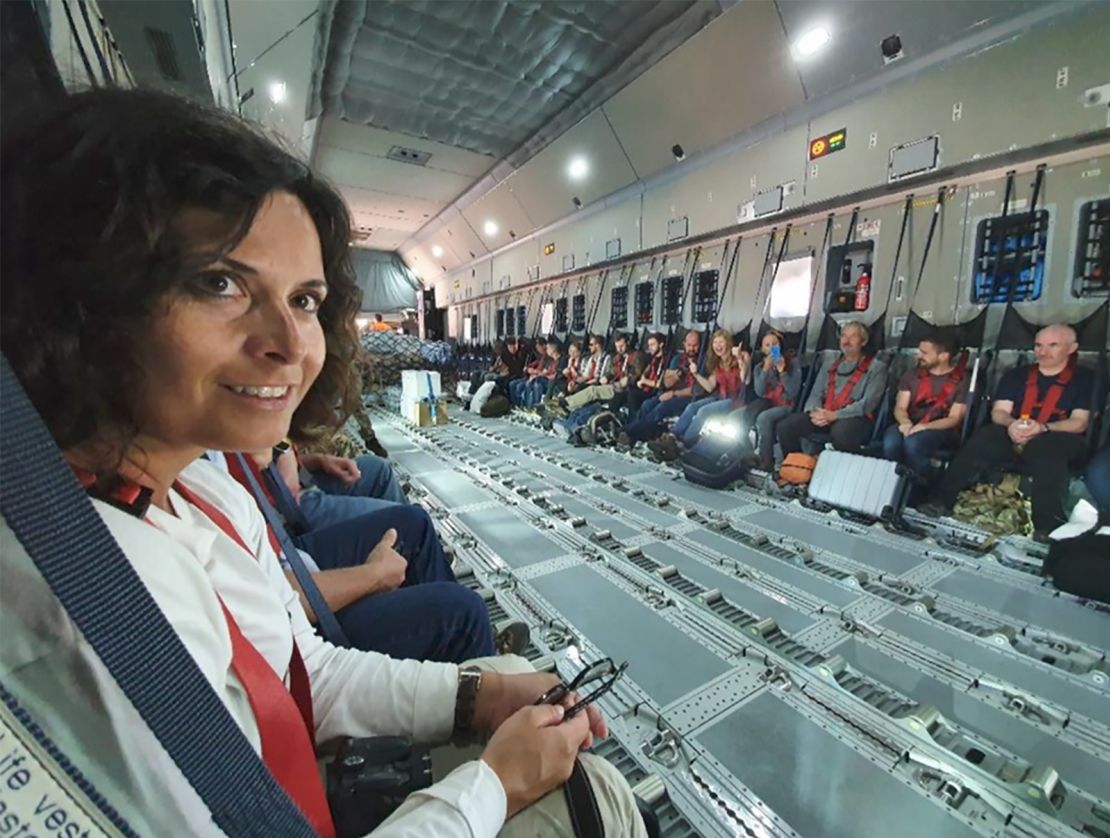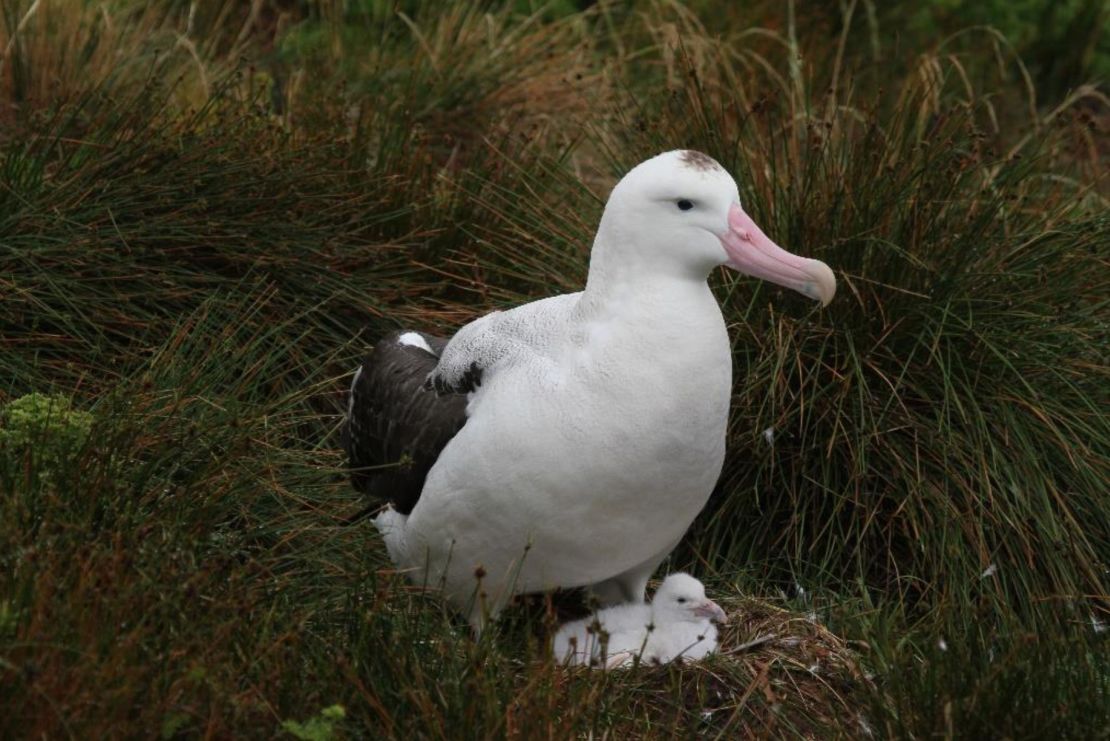A team of conservationists who were trying to save endangered seabirds from giant mice on one of the world’s most remote islands have been rescued by the UK military after becoming stranded due to the coronavirus pandemic.
A group of 12 researchers from the UK arrived on Gough Island, which is located midway between South America and South Africa, at the end of February to begin a restoration project to save endangered seabirds from giant invasive mice, who eat the chicks.
Gough Island is part of the British island group of Tristan da Cunha – the world’s most remote inhabited island chain – which stands alone in the South Atlantic.
The nearest landfall is South Africa, 1,750 miles east, and to the west, South America is more than 2,000 miles away.

A UNESCO world heritage site, Gough Island is largely uninhabited, except for a weather station, and is described by experts as one of the most important seabird nesting sites in the world.
As the coronavirus outbreak escalated in March, the UK’s Royal Society for the Protection of Birds (RSPB) decided to postpone the project and find a way to get the researchers, who were working to save endangered species including the critically endangered Tristan Albatross, back to the UK.
Officials from Tristan da Cunha, Ascension Island, the Falkland Islands, South Africa, Austria and London, worked with the UK’s Royal Air Force to find the stranded scientists a route home.

Researchers faced a 12-day sail to the isolated Ascension Island, before boarding a RAF A400 transport aircraft for a military flight back to the UK.
“When the plan was finally mapped out, the group boarded their yacht and began the voyage to Ascension Island, a journey of 1969 nautical miles through rough seas,” Kate Lawrence, who was among the RSPB group and lives in New Zealand, said in a press release.
“Sailing in that boat for 12 days, looking at the endless blue ocean around me, made the world feel quite big, in contrast to the previous ease of air travel and the rapid spread of Covid-19, which makes the world seem so small,” she added.
Mike Sowden contributed reporting.
